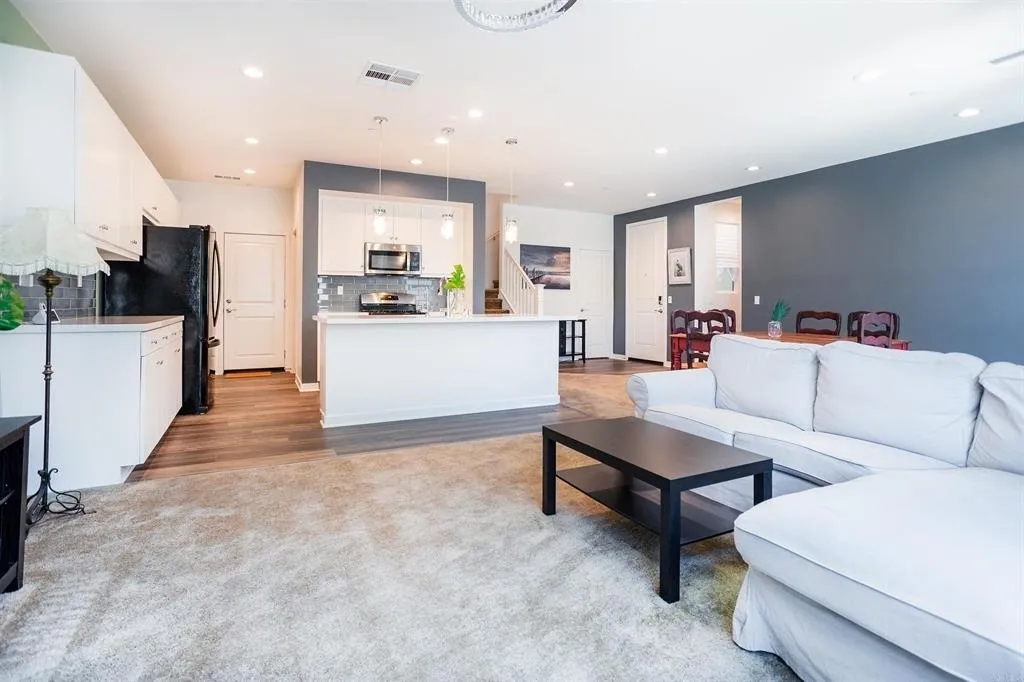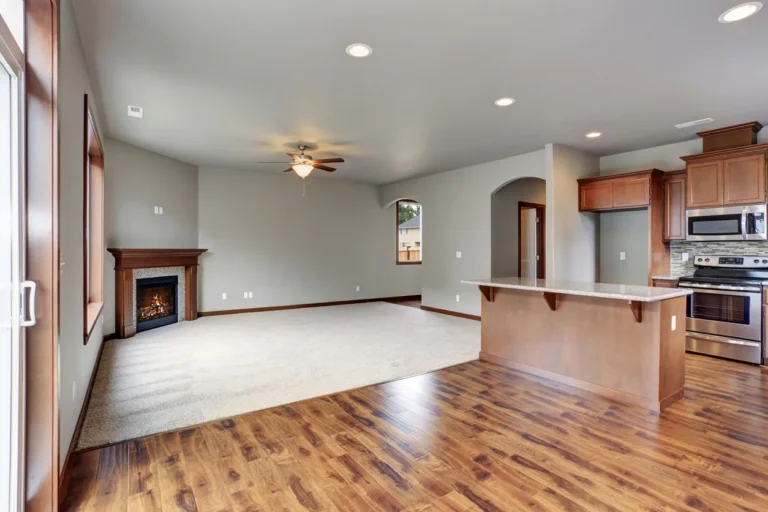When it comes to rental housing, one of the most common questions is: How much notice must a landlord give for a rent increase in California? The answer depends on state law, local rent control rules, and the size of the increase. Understanding the California rent increase notice requirements is essential for landlords who want to avoid legal trouble and for tenants who need time to prepare financially.
This guide breaks down the rules for rent increase notices in California in 2025, including state law, rent control ordinances, exceptions, and practical steps both landlords and tenants should take.
California Rent Increase Notice Requirements
California law requires landlords to provide written notice before raising rent. Verbal notice is never valid. A proper notice must include the tenant’s name, the address of the rental unit, the current rent, the new rent, the exact amount of the increase, the date it takes effect, and a statement confirming compliance with California law.
30-Day Notice for Increases Under 10%
If the rent increase is 10% or less within a 12-month period, landlords must give tenants at least 30 days’ written notice. For example, if rent is $1,500 and increases by $100 (6.6%), the tenant must receive written notice 30 days before the new rent begins.
90-Day Notice for Increases of 10% or More
If the rent increase is greater than 10% within a 12-month period, landlords must give tenants at least 90 days’ written notice. For example, if rent is $1,500 and increases by $200 (13%), notice must be provided 90 days in advance.
These rules apply to most rentals in California, but properties covered by rent control may have stricter requirements.
Rent Control and Rent Increase Notices
Some California cities, such as Los Angeles, San Francisco, and Santa Monica, have rent control laws. These ordinances limit the amount and frequency of rent increases and often impose stricter notice requirements.
- Los Angeles: Rent-controlled units require 90 days’ notice for increases, and the annual increase amount is tied to the Consumer Price Index (CPI).
- San Francisco: Rent can only be raised once per year, with increases capped by CPI. Landlords must give 60 days’ notice for increases under 10% and 90 days’ notice for increases of 10% or more.
- Santa Monica: Rent increases are capped under local rent control ordinances, with notice requirements similar to San Francisco.
Before issuing or responding to a rent increase, both landlords and tenants should check whether their property falls under rent control. You can confirm through your local rent control board or the California Department of Consumer Affairs.
When Landlords Cannot Raise Rent
Even if proper notice is given, there are situations where landlords cannot raise rent:
- During a fixed-term lease: Unless the lease agreement allows it, rent cannot be raised until the lease expires.
- Retaliatory increases: Landlords cannot raise rent in retaliation for tenant complaints, code violation reports, or the exercise of legal rights.
- Beyond legal limits: In rent-controlled cities, increases above the legal cap are invalid.
Special Circumstances and Exceptions
- Emergency rent freezes: Cities may impose temporary freezes during crises, such as natural disasters or public health emergencies.
- Emergency legislation: State or local governments can pass temporary rent restrictions.
- Tenant rights to documentation: Tenants may request written proof that a rent increase complies with the law.
What Tenants Should Do If They Receive a Rent Increase Notice
- Check the notice period: Confirm whether it meets the 30-day or 90-day requirement.
- Verify rent control status: If you live in a rent-controlled area, ensure the increase follows local rules.
- Communicate with your landlord: Some landlords are open to negotiation, especially if you’ve been a reliable tenant.
- Consider your options: Decide if you can afford the new rent or if you need to explore alternative housing.
- Seek legal help: Contact a tenant rights group such as Tenant Together if you believe the increase is illegal.
Best Practices for Landlords
To avoid disputes and delays, landlords should:
- Provide clear, written rent increase notices.
- Follow local ordinances in rent-controlled cities.
- Deliver notices by hand, certified mail, or posting on the property, and keep proof of delivery.
- Be transparent about the reasons for the increase, such as rising maintenance costs or improvements.
Frequently Asked Questions
Can a landlord raise rent during the lease term?
No, unless the lease specifically allows for it.
How much can my rent be raised in California?
In non-rent-controlled areas, there is no statewide cap beyond the notice requirements. In rent-controlled cities, increases are capped annually.
What happens if my landlord gives less notice than required?
The increase is invalid until the proper notice period has passed.
Are there limits outside rent control areas?
Yes, the Tenant Protection Act (AB 1482) applies to many properties statewide, limiting rent increases to 5% plus inflation, or 10% maximum per year.
Conclusion
Understanding the California rent increase notice requirements protects both landlords and tenants. By providing the correct written notice and respecting rent control laws, landlords can avoid disputes and legal issues. Tenants who know their rights can better plan for rent changes and challenge unlawful increases.
If you’re a landlord or tenant in California, staying informed about the rules in 2025 will help you navigate rent increases with confidence.
For more guidance, check out our blog on Tenant Eviction Timeline in California or learn about Rent Control in San Diego 2025.
At Blue Diamond Property Management, we help landlords comply with California rental laws while supporting tenants with transparent communication. Contact us today to learn more.





